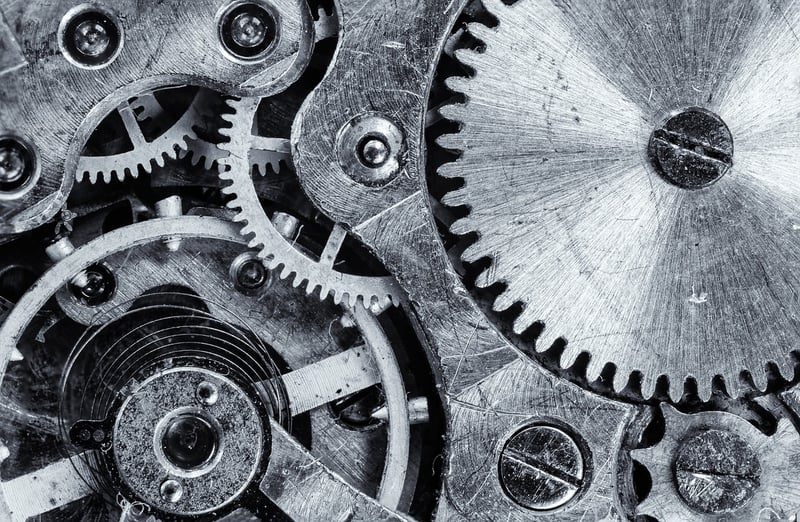Changing History
The Moral Implications of Time Travel and Changing History
Time travel has long been a popular concept in science fiction, captivating audiences with the idea of exploring different eras and altering historical events. However, the ability to travel through time raises profound moral questions and ethical dilemmas that must be carefully considered.
Paradoxes and Consequences
One of the primary moral concerns associated with time travel is the potential for creating paradoxes and unintended consequences. Changing even a seemingly minor event in the past could have far-reaching effects on the present and future, leading to unpredictable outcomes and altering the course of history in ways that are impossible to predict.
Responsibility and Hubris
Another ethical consideration is the notion of responsibility and hubris. The power to manipulate time and events carries with it a significant burden of responsibility. Individuals who engage in time travel must consider the impact of their actions on the lives of others and the integrity of the timeline.
Respecting the Past
Respecting the past and honoring historical events is another crucial aspect of the moral implications of time travel. By altering the past, travelers risk diminishing the significance of important moments in history and erasing the experiences of those who lived through them.
Conclusion
In conclusion, while the concept of time travel is intriguing and captivating, it comes with a host of moral implications that cannot be ignored. As we continue to explore the possibilities of time travel in fiction and in theory, it is essential to consider the ethical dilemmas that arise from the power to change history and manipulate the fabric of time itself.

